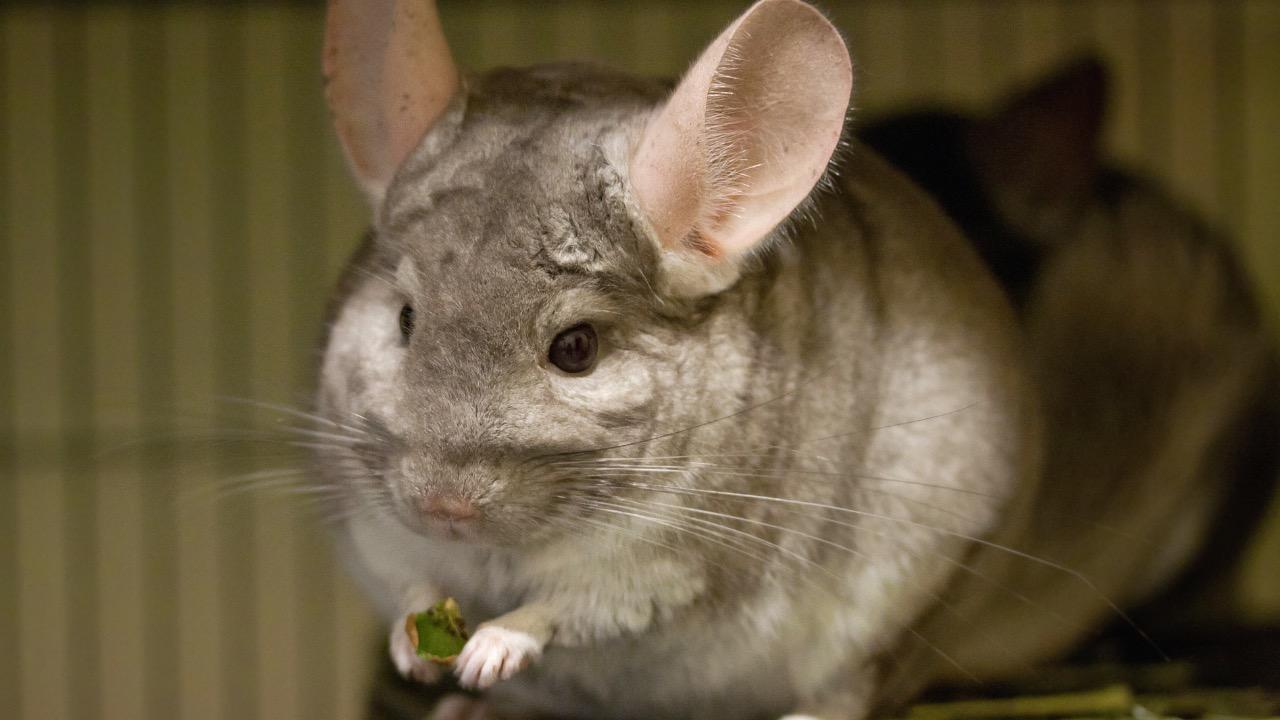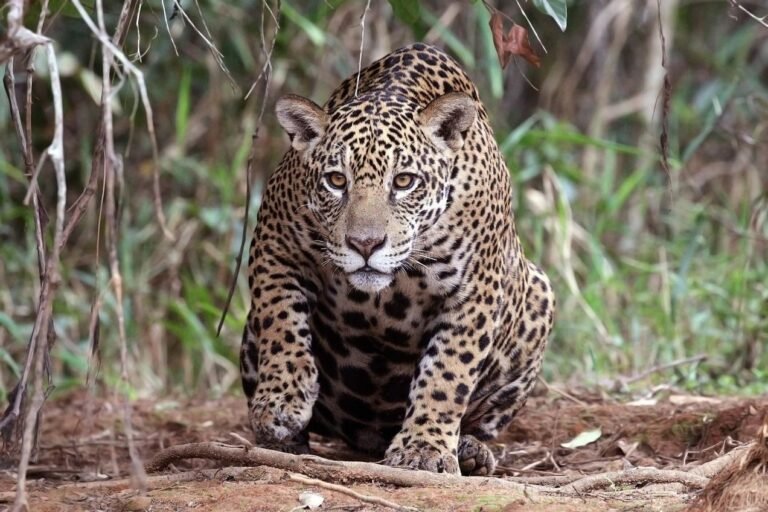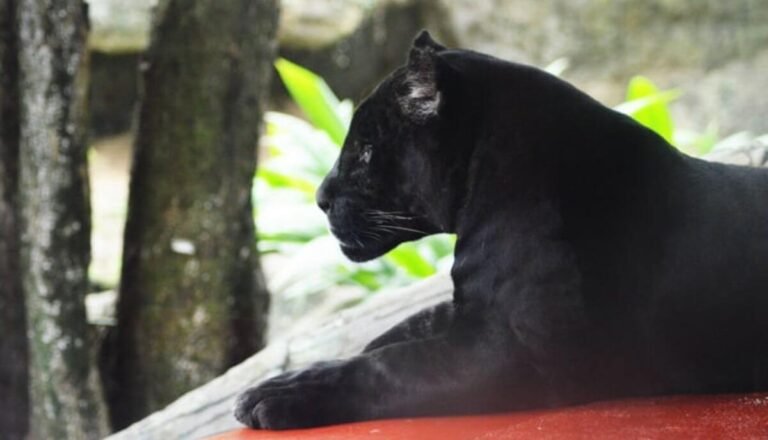Top 10 Exotic Pets: Discover Unique Companions
1. The top 10 exotic pets include sugar gliders, fennec foxes, and capybaras.
These unique pets offer a distinct charm. Exotic pets have become increasingly popular among animal enthusiasts. People seek these unique creatures for their distinct characteristics and captivating appearances. Sugar gliders are small, gliding marsupials that bond closely with their owners.
Fennec foxes, known for their large ears, are playful and active. Capybaras, the world’s largest rodents, are social and gentle. These animals often require special care and environments. Owning an exotic pet demands dedication and research to meet their needs. With proper care, they can provide a rewarding and fascinating pet experience. Always ensure legality and ethical sourcing before adopting an exotic pet.

Credit: www.youtube.com
Introduction To Exotic Pets
Exotic pets are unique and fascinating animals. They differ from traditional pets like cats and dogs. These pets offer a special bond and experience. They include reptiles, birds, and small mammals. Each exotic pet has its own charm and appeal.
What Makes A Pet Exotic?
A pet is exotic if it is uncommon or rare. These pets are not usually found in homes. They come from diverse habitats worldwide. Exotic pets often have special care needs. They can be reptiles like snakes and lizards. Birds like parrots and cockatiels are also exotic. Small mammals like ferrets and hedgehogs fit this category too.
Benefits Of Exotic Pets
Exotic pets offer unique companionship. They are often quiet and less demanding. These pets can be great for small spaces. They also provide an educational experience. Owners learn about different species and their behaviors. Exotic pets can be hypoallergenic. This makes them suitable for people with allergies.
| Benefit | Description |
|---|---|
| Unique Companionship | Exotic pets bond differently with their owners. |
| Quiet and Less Demanding | Most exotic pets are not noisy and need less attention. |
| Space-Friendly | Many exotic pets require minimal space. |
| Educational | Learning about exotic pets is enriching and fun. |
| Hypoallergenic | Some exotic pets are suitable for allergy sufferers. |
These benefits make exotic pets appealing to many people. They add diversity to the world of pet ownership. Exploring exotic pets can lead to a rewarding experience.
Fennec Fox
Among the top 10 exotic pets, the Fennec Fox stands out. These small, charming creatures capture hearts with their unique looks and playful nature. Let’s explore what makes the Fennec Fox such an enticing pet.
Characteristics
The Fennec Fox is easily recognizable by its enormous ears. These ears help them stay cool in the desert heat.
- Weight: 1.5 to 3.5 pounds
- Height: 8 inches at the shoulder
- Length: 24 inches, including the tail
- Lifespan: Up to 14 years in captivity
They are nocturnal animals, meaning they are most active during the night. This makes them fascinating but also requires special care.
Care Tips
Diet: Fennec Foxes eat a mix of meat, insects, and fruits. A balanced diet ensures they stay healthy and active.
- Provide fresh water daily
- Feed high-quality cat food mixed with fruits and vegetables
- Include insects like crickets for protein
Habitat: They need a secure, spacious enclosure to roam and play. Here are some tips for their habitat:
- Use a large dog crate as their sleeping area
- Ensure the enclosure has plenty of toys and hiding spots
- Keep the temperature comfortable, not too hot or cold
Health: Regular vet visits are crucial. Keep an eye on their behavior and eating habits. Ensure they get vaccinations and routine check-ups.
The Fennec Fox is a delightful pet with proper care and attention. Their unique characteristics and playful nature make them a top choice among exotic pets.
Axolotl
The Axolotl, often called the Mexican walking fish, is a fascinating exotic pet. Known for its unique appearance and regenerative abilities, the Axolotl is a favorite among aquatic pet enthusiasts.
Unique Features
The Axolotl stands out due to its neoteny. This means it retains its larval features throughout its life. Unlike other amphibians, Axolotls do not undergo metamorphosis. They remain aquatic and gilled.
- External Gills: Three pairs of feathery gills extend from each side of their head.
- Regeneration: They can regenerate limbs, spinal cord, heart, and other organs.
- Color Variations: Wild Axolotls are typically brown with specks. Captive ones can be white, golden, or pink.
Habitat Requirements
Providing the right habitat for an Axolotl is crucial. They thrive in an environment that mimics their natural habitat in the lakes of Mexico.
| Parameter | Requirement |
|---|---|
| Tank Size | 20 gallons minimum |
| Water Temperature | 60-64°F (16-18°C) |
| pH Level | 6.5-8.0 |
| Substrate | Fine sand or bare bottom |
| Lighting | Low to moderate |
Axolotls need a cool and clean water environment. Use a good filtration system to keep the water quality high. Avoid sharp or rough objects in the tank to prevent injuries to their delicate skin and gills.

Credit: www.youtube.com
Sugar Glider
The Sugar Glider is a small, nocturnal marsupial native to Australia and New Guinea. These adorable creatures make unique and engaging pets. Their playful nature and strong social bonds make them a favorite among exotic pet enthusiasts.
Social Behavior
Sugar Gliders are highly social animals. They live in groups in the wild and thrive on interaction. It’s best to keep them in pairs or small groups to ensure their happiness. A lonely Sugar Glider can become stressed and unhappy. They love to bond with their owners, often forming strong emotional connections.
Interacting with your Sugar Glider daily is crucial. Playtime and handling help to build trust and reduce stress. Creating a stimulating environment with toys and climbing structures will also keep them engaged and happy.
Dietary Needs
Sugar Gliders have specific dietary needs that include a variety of foods. Their diet mainly consists of fresh fruits, vegetables, and protein sources. It’s essential to provide a balanced diet to maintain their health.
| Food Type | Examples |
|---|---|
| Fruits | Apples, grapes, bananas |
| Vegetables | Carrots, sweet potatoes, spinach |
| Protein | Boiled eggs, mealworms, cooked chicken |
Offer a variety of foods to ensure a balanced diet. Avoid feeding them chocolate, caffeine, or foods high in fat and sugar. Fresh water should always be available. Supplements like calcium and vitamin D3 can also help maintain their health.
Hedgehog
Hedgehogs are small, spiny mammals that make unique pets. They are known for their distinctive appearance and endearing personalities. Their quills do not detach easily, which makes handling them safe with proper care.
Personality Traits
Hedgehogs are solitary animals. They prefer a quiet environment. They can be shy but warm up with patience.
- Curious: Hedgehogs love to explore their surroundings.
- Nocturnal: They are most active during the night.
- Independent: They enjoy alone time and do not need constant attention.
- Playful: They like toys and activities that stimulate their mind.
Health Care
Proper health care is essential for a happy hedgehog. Regular vet visits help maintain their health.
| Health Aspect | Details |
|---|---|
| Diet | High-quality hedgehog food, insects, fruits, and vegetables. |
| Exercise | Provide a wheel for running and space to roam. |
| Grooming | Regularly check and clean their quills and nails. |
| Temperature | Maintain a warm environment, around 72-80°F. |
Keeping their habitat clean prevents illnesses. Ensure they have fresh water daily.
:strip_icc()/exotic-pets-for-apartment-living-1238589-ff85f06a4b1f4a05be599119b83f5399.png)
Credit: www.thesprucepets.com
Capybara
The capybara is a fascinating and unique exotic pet. Known as the world’s largest rodent, capybaras are social, intelligent, and surprisingly gentle. They can weigh up to 140 pounds and stand about 2 feet tall. Their friendly nature makes them an intriguing choice for pet enthusiasts.
Living Environment
Capybaras need a specific living environment to thrive. They are semi-aquatic animals and love water. A large, secure outdoor space with access to a pond or pool is essential. The pool should be deep enough for them to swim. Consider a fenced area to keep them safe from predators.
They also need a dry area to rest and sleep. Provide a shaded spot with soft bedding. Capybaras enjoy grazing, so a grassy area is beneficial. Ensure the enclosure is spacious, as they need room to move and explore.
Social Interaction
Capybaras are highly social animals. In the wild, they live in groups. Having more than one capybara is ideal for their mental health. If you have only one, spend extra time interacting with them. They enjoy human companionship and can bond with their owners.
They communicate through sounds like whistles and purrs. Listen and respond to their vocalizations to build a strong bond. Regular interaction is crucial to keep them happy and well-adjusted. They also get along well with other pets, such as dogs and cats, if introduced properly.
Tarantula
Tarantulas are fascinating exotic pets, known for their unique appearance and calm demeanor. These large, hairy spiders can make intriguing companions for those intrigued by arachnids.
Species Varieties
There are over 800 species of tarantulas, each with its own distinct traits. Popular species include:
- Chilean Rose – Known for its docile nature and reddish-brown color.
- Mexican Redknee – Recognized by its striking red and black legs.
- Greenbottle Blue – Famous for its vibrant blue and green hues.
Handling And Safety
Handling tarantulas requires care and respect for the spider. Follow these guidelines:
- Wash your hands before and after handling.
- Support the tarantula gently using both hands.
- Avoid sudden movements to prevent startling the spider.
Tarantulas have mild venom, but bites are rare. Ensure children understand safety rules around these pets.
Pygmy Goat
The Pygmy Goat is a delightful and charming exotic pet. Known for their playful nature, these miniature goats are perfect for families. They are small, friendly, and easy to care for, making them a popular choice for pet lovers.
Space Requirements
Pygmy Goats need enough space to roam and play. A fenced yard or a small paddock is ideal. Ensure the area is secure to prevent escapes. Each goat needs around 200 square feet of space. They also need shelter from rain and extreme weather.
| Requirement | Details |
|---|---|
| Space per goat | 200 square feet |
| Fencing | Secure and escape-proof |
| Shelter | Dry and weather-protected |
Feeding And Grooming
Pygmy Goats need a balanced diet. They enjoy hay, grains, and fresh greens. Provide fresh water daily and ensure they have access to salt licks.
- Hay: Main part of their diet.
- Grains: Supplement for additional nutrients.
- Fresh Greens: Vegetables and leafy plants.
- Water: Must be clean and fresh.
- Salt Licks: Essential for minerals.
Grooming is easy with Pygmy Goats. Brush their coat regularly to keep it clean. Trim their hooves every 4-6 weeks to prevent overgrowth. Check their eyes and ears for signs of infection.
- Brushing: Regular coat maintenance.
- Hoof Trimming: Every 4-6 weeks.
- Health Check: Eyes and ears inspection.
Chinchilla
Chinchillas are adorable, fluffy rodents known for their soft fur. They are native to the Andes Mountains in South America. These small, nocturnal creatures make excellent pets due to their playful nature.
Activity Levels
Chinchillas are very active, especially at night. They love to run, jump, and climb. Providing a large exercise wheel is essential. This helps them burn off energy and stay healthy.
Interactive toys and tunnels also keep them entertained. Chinchillas need at least one hour of supervised playtime outside their cage daily. This ensures they remain happy and healthy.
Housing Needs
Chinchillas require a spacious cage with multiple levels. The cage should be made of metal to prevent chewing. The ideal cage size is at least 24 inches by 24 inches by 24 inches.
| Feature | Requirement |
|---|---|
| Cage Size | At least 24″x24″x24″ |
| Material | Metal |
| Levels | Multiple |
Chinchillas need a dust bath to keep their fur clean. Provide a dust bath at least twice a week. They also need hiding spots for privacy and security.
Ensure the cage is placed in a cool, dry area. Chinchillas are sensitive to heat and humidity. The temperature should be between 60-70°F.
- Provide a large cage with multiple levels.
- Ensure the cage is made of metal.
- Place the cage in a cool, dry area.
- Provide a dust bath twice a week.
- Include hiding spots for privacy.
Serval Cat
Among the top 10 exotic pets, the Serval Cat stands out. This wild feline, native to Africa, captivates with its grace and beauty. Owning a Serval Cat can be a rewarding experience for those prepared to meet its unique needs.
Behavioral Traits
Serval Cats are known for their intelligence and curiosity. They exhibit strong hunting instincts. This makes them excellent hunters in the wild.
These cats are also highly territorial. They need ample space to roam and explore. Servals are generally solitary animals, preferring to live alone.
While they can bond with humans, they remain independent. They may not seek constant attention like domestic cats. They communicate through various vocalizations, including purrs, chirps, and growls.
Training And Enrichment
Training a Serval Cat requires patience and consistency. They respond well to positive reinforcement. Using treats and praise can help in training.
Enrichment is crucial to keep them mentally and physically stimulated. Offer a variety of toys and activities. Puzzle feeders and climbing structures are excellent choices.
Interactive play sessions are beneficial. They mimic hunting behaviors and keep the cat engaged. Regular play also helps in preventing boredom and destructive behaviors.
Important Tips:
- Provide a secure outdoor enclosure.
- Ensure a varied diet that mimics their natural prey.
- Regular veterinary check-ups are essential.
- Understand your local laws and regulations regarding exotic pets.
The Serval Cat can be a fascinating companion for the right owner. Understanding their needs and behaviors is key to a harmonious relationship.
Frequently Asked Questions
What Are Exotic Pets?
Exotic pets are non-traditional animals kept as companions.
Are Exotic Pets Legal?
Exotic pet legality varies by country and state.
What Is The Best Exotic Pet?
The best exotic pet depends on your preferences.
Do Exotic Pets Need Special Care?
Yes, exotic pets often require specialized care and diets.
Can Exotic Pets Live Long?
Many exotic pets can live for several years.
Are Exotic Pets Expensive?
Some exotic pets can be expensive to buy and maintain.
Where To Buy Exotic Pets?
Exotic pets can be bought from breeders or pet stores.
Are Exotic Pets Safe?
Safety depends on the species and proper handling.
Do Exotic Pets Need A Lot Of Space?
Some exotic pets need large enclosures or habitats.
What Are Common Exotic Pets?
Common exotic pets include reptiles, birds, and small mammals.
Conclusion
Choosing an exotic pet can be a thrilling experience. Each offers unique traits and companionship. Ensure you research thoroughly and understand their needs. Exotic pets can bring joy and wonder to your home. With proper care, they become a delightful part of your family.
Explore the possibilities and find your perfect match.


![Can You Eat Owl? [No! Here’S Why]](https://proanimalguide.com/wp-content/uploads/2022/12/87c35e1318d0496e8de85ad361317aac-768x512.jpg)




